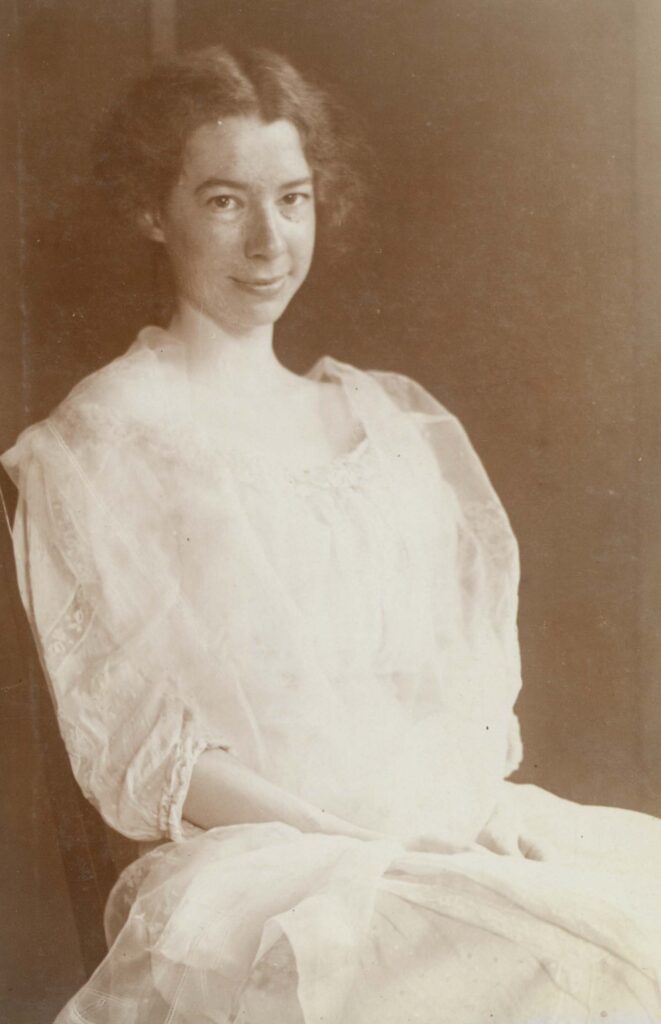Sunday
I’m fascinated by Sara Teasdale’s “The Sanctuary,” largely because of the way it invokes, in ten simple lines, a compelling vision of inner peace. And then there’s its concluding punchline, which seems to invert how we normally think of things. It feels Buddhist in the calm way it imagines us interacting with our tumultuous, sorrow-filled world:
The Sanctuary
By Sara Teasdale
If I could keep my innermost Me
Fearless, aloof and free
Of the least breath of love or hate,
And not disconsolate
At the sick load of sorrow laid on men;
If I could keep a sanctuary there
Free even of prayer,
If I could do this, then,
With quiet candor as I grew more wise
I could look even at God with grave forgiving eyes.
Rather than being a plaything of strong emotions or feeling weighed down by the sorrows of the world, the poet look to become more wise. It so happens that this desire lines up with one of today’s Old Testament liturgy readings. The passage from Book of Wisdom (a.k.a. The Wisdom of Solomon) itself reads as a poem:
For wisdom is a reflection of eternal light,
a spotless mirror of the working of God,
and an image of his goodness.Although she is but one, she can do all things,
and while remaining in herself, she renews all things;
in every generation she passes into holy souls
and makes them friends of God, and prophets;
for God loves nothing so much as the person who lives with wisdom.She is more beautiful than the sun,
and excels every constellation of the stars.
Compared with the light she is found to be superior,
for it is succeeded by the night,
but against wisdom evil does not prevail.She reaches mightily from one end of the earth to the other,
and she orders all things well. (Wisdom 7:26–8:1)
If God loves nothing so much as the person who lives with wisdom, why does Teasdale reject prayer (which is how we talk with God) or say that she can “look even at God with grave forgiving eyes.” I suspect she is actually rejecting how we use prayer to get things God to blame things on. The Biblical passage seems closer to what she has in mind as she contends that Wisdom passes into holy souls and makes them friends of God. If we feel that God has wronged us and needs forgiveness, that’s okay with God because God is the spirit of forgiveness. God wants us to step into that Wisdom that “is more beautiful than the sun, and excels every constellation of the stars.” Different people will get there in different ways.
After all, as Dante informs us at the conclusion of Paradiso, we are rolled ever onward by the Love that moves the sun and other stars.


